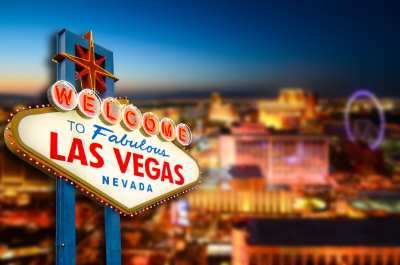When it comes to Washington’s ability to run this country efficiently, I am an equal-opportunity critic.
Both parties, in my humble opinion, are inept, spiteful, incapable of compromise and by and large ineffective at moving the country in the right direction.
The latest evidence of their collective incompetence is the impending June 1 deadline on resolving the debt ceiling issue. It hangs over my head like the sword of Damocles.
And, for the record, we’ve had this sword over our heads before, and each time, folks who tell me that they are smarter and wiser, smile and remind me that “we’ve never defaulted before, so why worry?”
Well, I am worried because the history books tell me we have defaulted before. In fact, we’ve defaulted multiple times, in case you are counting.
Based on my research, the first default took place in 1812. And to be fair, I give the government a pass on this one, but it was a default. During the War of 1812, the British burned down the White House. That, for a time, left the U.S. Treasury as bare as Mother Hubbard’s cupboard.
Then, there was a default in 1862 as a result of the Treasury’s difficulties as it attempted to pay the costs of the Civil War.
Next, and while it was ultimately viewed as an “excusable default,” there was that time in 1933 when our government reneged on a promise to redeem gold bonds for gold coins.
Instead, it offered paper currency, which outraged so many Americans that legal action ensued, and the case found its way all the way to the Supreme Court. Our land’s highest court ruled 5 to 4 in favor of the government. No surprise there, right?
It seems like the Supreme Court deemed that, while finding the government’s actions “deplorable,” it found them acceptable because in exercising its sovereign power, our government rendered itself immune from liability.
Taking a page from its play book, the government pretty much did the same thing again in 1968. This time, it reneged on a promise to redeem silver certificate paper dollars for coin-of-the-realm silver dollars.
And let’s not forget 1971, the year the government broke its promise to redeem our dollars held by foreign governments for gold as part of the Bretton Woods deal. At the time, then-President Nixon directed the Treasury to temporarily suspend the convertibility of the dollar into gold.
What really worries me is the above defaults seem like tiny hiccups compared to what may take place over the next few weeks.
Should we default, it is going to get ugly in a heartbeat.
Should the system stop, there goes borrowing, investing, the market drops like a dead weight, and the financial crisis of 2008 looks like sunshine, lollipops, rainbows and unicorns.
I’ve called my representatives to let them know how dissatisfied I am. If we ran our respective businesses as carelessly as our elected officials run our government, we would be fired.
Think about that.

 by
by 



Looks like someone’s bought into the media narrative. I agree “If we ran our respective businesses as carelessly as our elected officials run our government, we would be fired” but stop with the scare tactics already, the sky is not falling Chicken Little. Revenue is still coming in so everything is not going to grind to a halt.
Mark, I appreciate your comments, but I wonder if you missed my point–I am simply pointing out that a default has happened before–and it could happen again. Also, if it did, I think the consequences could be severe. I think there is a world of difference between Chicken Little and keeping a hawkish eye on what’s going on. And, for the record, I prefer that you be right.
AMEN, brother!